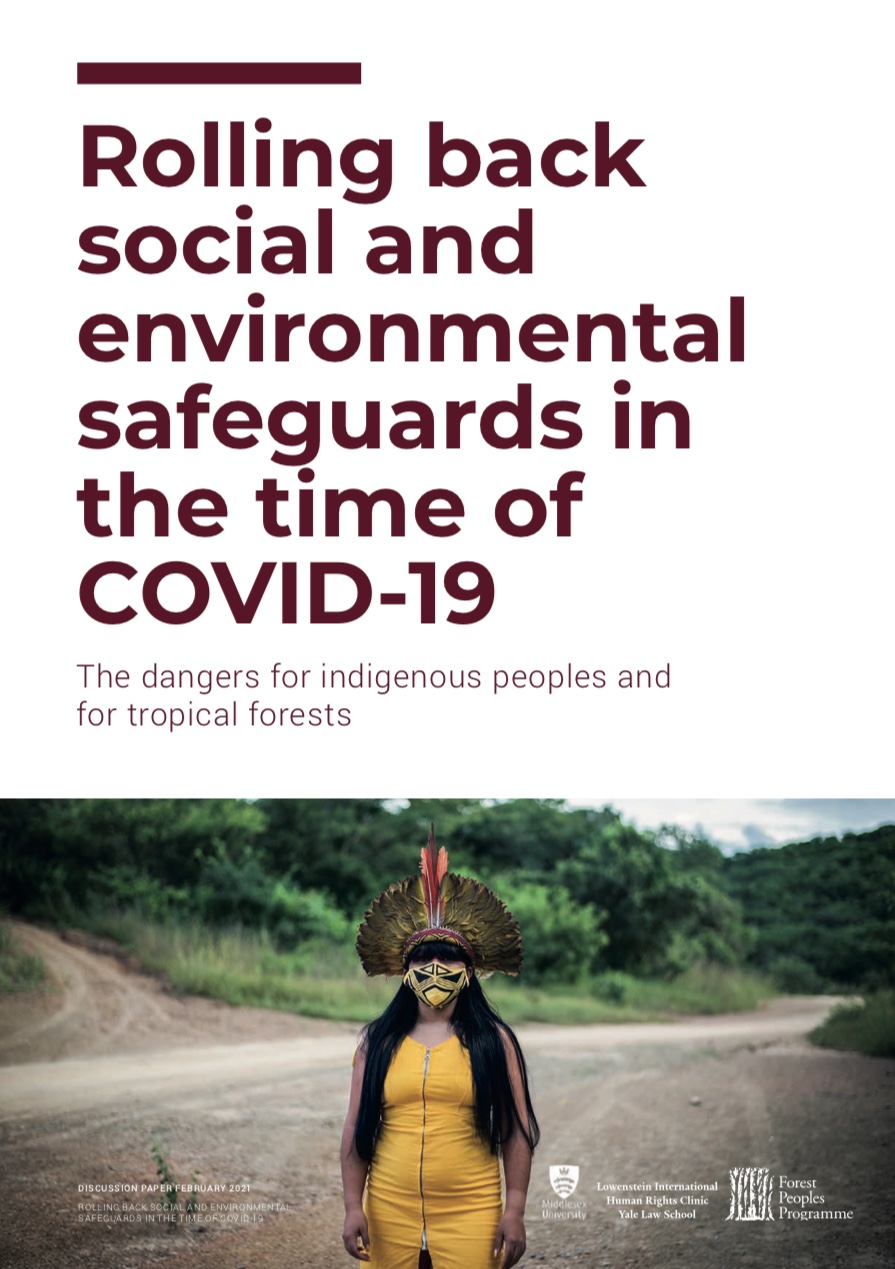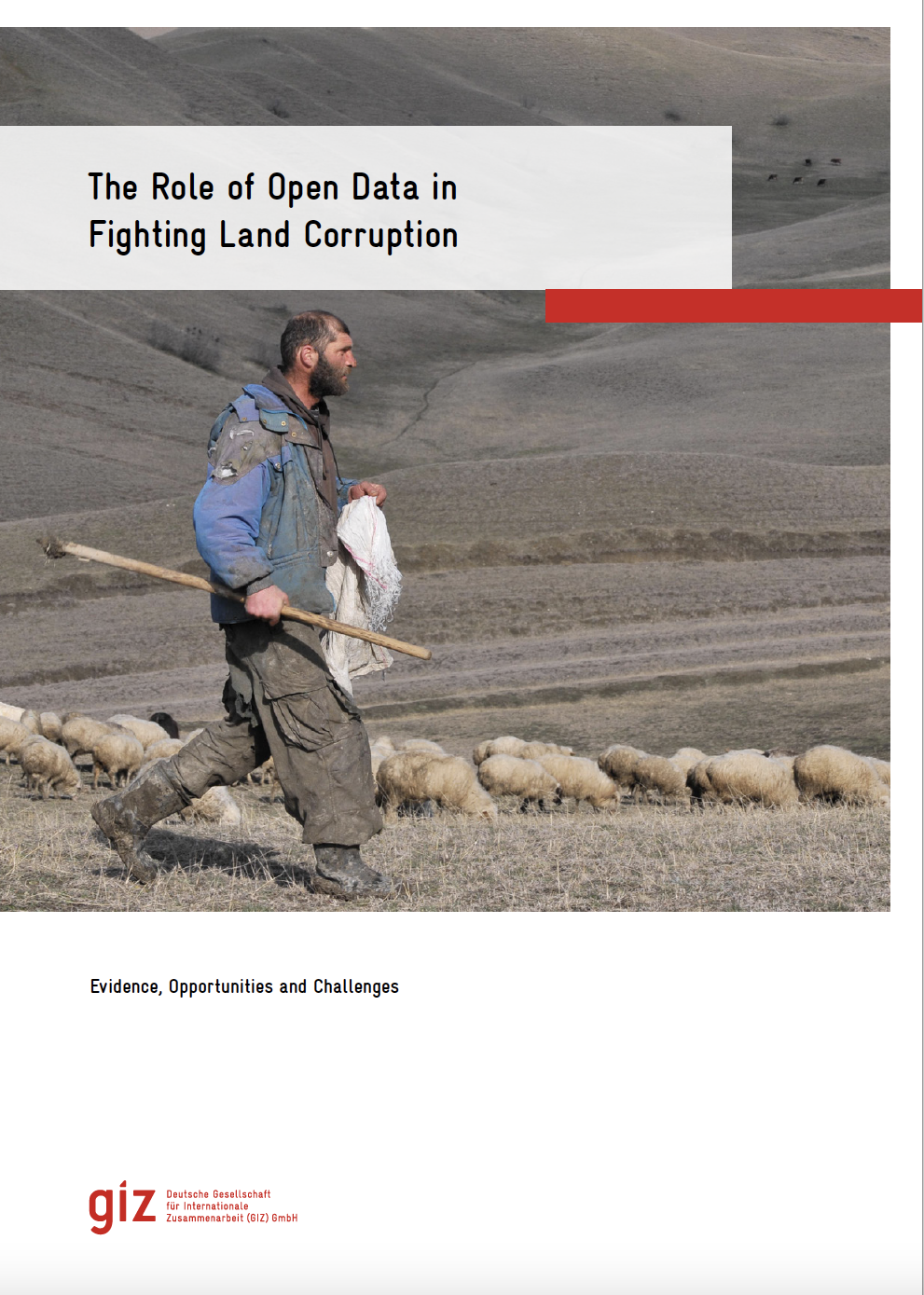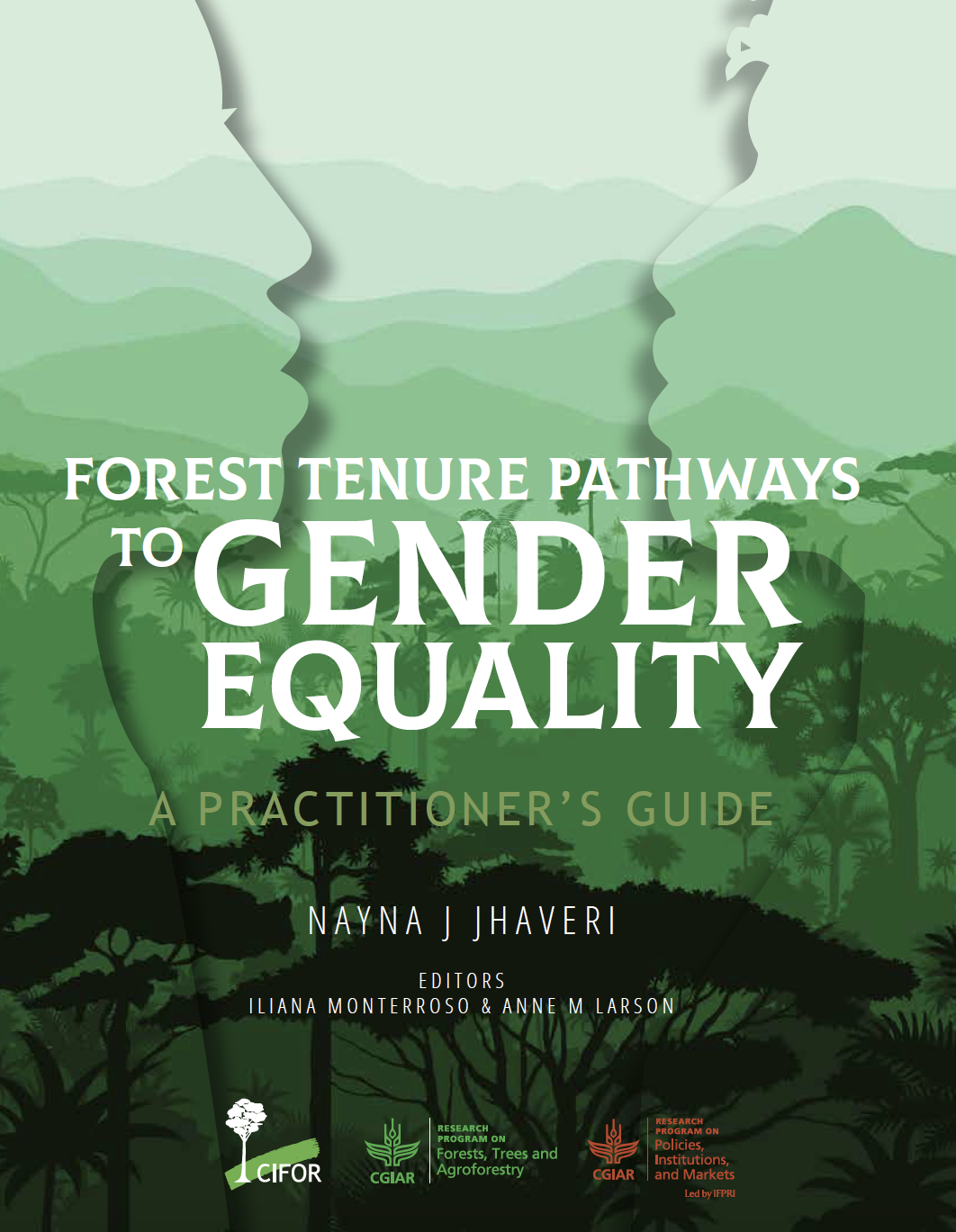Mekong Land Research Forum: Annual country reviews 2020-21
The Annual Country Reviews reflect upon current land relations in the Mekong Region, and has been produced for researchers, practitioners and policy advocates operating in the field. Specialists have been selected from Cambodia, Laos, Myanmar, Thailand and Vietnam to briefly answer the following two questions:







